Best movies like Narmada: A Valley Rises
A unique, carefully handpicked, selection of the best movies like Narmada: A Valley Rises . If you liked Narmada: A Valley Rises then you may also like: The Universal Language, The War on Democracy, The War at Home, With Babies and Banners: Story of the Women's Emergency Brigade, The New Corporation: The Unfortunately Necessary Sequel and many more popular movies featured on this list. You can further filter the list even more or get a random selection from the list of similar movies, to make your selection even easier.
Narmada: A Valley Rises is beautifully photographed, inspiring film. It documents a 200 kilometer non-violent Gandhian march involving 6000 participants. The film offers a compelling and intimate portrait of a unique movement while raises critical and universal issues of human-rights, social justice, and development within a democracy.
You may filter the list of movies on this page for a more refined, personalized selection of movies.
Still not sure what to watch click the recommend buttun below to get a movie recommendation selected from all the movies on this list
The War on Democracy
Set both in Latin America and the United States, the film explores the historic and current relationship of Washington with countries such as Venezuela, Bolivia and Chile. Pilger says that the film "...tells a universal story... analysing and revealing, through vivid testimony, the story of great power behind its venerable myths. It allows us to understand the true nature of the so-called "war on terror". According to Pilger, the film’s message is that the greed and power of empire is not invincible and that people power is always the "seed beneath the snow".
The War at Home
Documentary film about the anti-war movement in the Madison, Wisconsin area during the time of the Vietnam War. It combines archival footage and interviews with participants that explore the events of the period on the University of Wisconsin–Madison campus.
With Babies and Banners: Story of the Women's Emergency Brigade
With Babies and Banners: Story of the Women's Emergency Brigade is a 1979 documentary film directed by Lorraine Gray about the General Motors sit-down strike in 1936–1937 that focuses uniquely on the role of women using archival footage and interviews. It provides an inside look at women's roles in the strike. The film was one of the first to put together archival footage with contemporary interviews of participants and helped spur a series of films on left and labor history in the US utilizing this technique. The film was also important in helping bring into view the history of American women being active in the public sphere, particularly in union and labor actions. The film was, further, ground breaking because it was produced and directed by women. It was nominated for an Academy Award for Best Documentary Feature.
The New Corporation: The Unfortunately Necessary Sequel
Exposes how companies are desperately rebranding as socially responsible — and how that threatens democratic freedoms.
On a Knife Edge
On a Knife Edge is a father-son story about Guy and George Dull Knife that unfolds over the course of George’s coming-of-age journey. Under his father’s guidance, George becomes an activist and organizer, and begins identifying with the role of traditional Lakota warrior, which he views as his family legacy. He commits himself to the fight for social justice, but struggles with adapting the old ways and his father’s expectations to the modern-day realities of growing up on the Pine Ridge Reservation. Told largely through George’s eyes, the film offers a privileged glimpse into the youngest generation of the American Indian Movement, as well as George’s own evolving notions of Native identity, manhood, and duty. His story is interwoven with animated sequences that depict five generations of family history, narrated by his father and based on paintings he has created to explore the continuum of their fight through the generations.
Raising Bertie
Raising Bertie is a longitudinal documentary feature following three young African American boys over the course of six years as they grow into adulthood in Bertie County, a rural African American-led community in Eastern North Carolina. Through the intimate portrayal of these boys, this powerful vérité film offers a rare in-depth look at the issues facing America's rural youth and the complex relationships between generational poverty, educational equity, and race. The evocative result is an experience that encourages us to recognize the value and complexity in lives all too often ignored.
Across the Universe
When young dockworker Jude leaves Liverpool to find his estranged father in the United States, he is swept up by the waves of change that are re-shaping the nation. Jude falls in love with Lucy, who joins the growing anti-war movement. As the body count in Vietnam rises, political tensions at home spiral out of control and the star-crossed lovers find themselves in a psychedelic world gone mad.
A Cambodian Spring
"A Cambodian Spring" is an intimate and unique portrait of three people caught up in the chaotic and often violent development that is shaping modern-day Cambodia. Shot over six years, the film charts the growing wave of land-rights protests that led to the 'Cambodian spring' and the tragic events that followed. This film is about the complexities - both political and personal, of fighting for what you believe in.
The First Wave
When Covid-19 hit New York City in 2020, filmmaker Matthew Heineman gained unique access to one of New York’s hardest-hit hospital systems. The resulting film focuses on the doctors, nurses, and patients on the frontlines during the “first wave” from March to June 2020. Their distinct storylines each serve as a microcosm to understand how the city persevered through the worst pandemic in a century
Freedom Downtime
A feature-length documentary about the Free Kevin movement and the hacker world.
Rise of the Centaur
"Give me ten million dollars and trust me, we'll deliver a low-cost microprocessor compatible with Intel". This was former IBM Fellow and Dell Senior VP Glenn Henry's 1995 pitch to start a microprocessor company focused on low-cost Intel-compatible processors ("x86"). This documentary follows Henry and his team as they race to complete their latest chip, and offers an inside look at Centaur's unique management environment.
In Dubious Battle
In the California apple country, 900 migratory workers rise 'in dubious battle' against the landowners. The group takes on a life of its own—stronger than its individual members, and more frightening. Led by the doomed Jim Nolan, the strike is founded on his tragic idealism—'courage, never submit, or yield'.
Miley: The Movement
In this one-hour documentary, superstar Miley Cyrus allows unprecedented access into her extraordinary life as she rises to the challenge of presenting a new and sometimes controversial persona to the public. As a teenage star, Miley amassed millions of passionate international fans who followed her every move. Three years later, she attempts to shed her previous image while embracing music full time. Whether in the studio, at a performance, or on the set of her latest music video, Miley exudes the confidence of a creative young woman in a period of radical self-discovery who still inspires legions of admirers while confronting her critics. Ultimately, the film is an intimate portrait that captures Miley's exuberantand spirited life, her evolving identity, and her exciting transformation into amusic icon.
Selma, Lord, Selma
In 1965 Alabama, an 11 year old girl is touched by a speech by Martin Luther King, Jr. and becomes a devout follower. But her resolution is tested when she joins others in the famed march from Selma to Montgomery.
10,000 Black Men Named George
In the 1920s, the rights of American workers to join a labor union was still considered an open question, and African-Americans were routinely denied their civil and economic rights. 10,000 Black Men Named George, the title, refers to the fact Pullman porters were often called "George" by white passengers, which was considered a racial slur.
Sicko
Sicko is a Michael Moore documentary about the corrupt health care system in The United States who's main goal is to make profit even if it means losing people’s lives. "The more people you deny health insurance the more money we make" is the business model for health care providers in America.
Still Bill
STILL BILL is an intimate portrait of soul legend Bill Withers, best known for his classics “Ain’t No Sunshine,” “Lean On Me,” “Lovely Day,” “Grandma’s Hands,” and “Just the Two of Us.” With his soulful delivery and warm, heartfelt sincerity, Withers has written the songs that have – and always will – resonate deeply within the fabric of our times. Filmmakers Damani Baker and Alex Vlack follow Withers and offer a unique and rare look inside the world of this fascinating man. Through concert footage, journeys to his birthplace, interviews with music legends, his family and closest friends, STILL BILL presents the story of an artist who has written some of the most beloved songs in our time and who truly understands the heart and soul of a man.
Carl Laemmle
A documentary about the life of Carl Laemmle, early cinema pioneer and founder of Universal Studios, documenting his life in Hollywood and his efforts in the 1930s to save Jewish families in Nazi Germany.
While We Watched
A turbulent newsroom drama that intimately chronicles the working days of broadcast journalist Ravish Kumar as he navigates a spiraling world of truth and disinformation.
Harlan County War
A Kentucky woman whose mine-worker husband is nearly killed in a cave-in, and whose father is slowly dying of black lung disease, joins the picket lines for a long, violent strike.
Boris Karloff: The Man Behind the Monster
Beginning just before his debut as Frankenstein’s creation, this documentary compellingly explores the life and legacy of a cinema legend, presenting a perceptive history of the genre he personified. Karloff's films were long derided as hokum and attacked by censors, but his phenomenal popularity and pervasive influence endures, inspiring some of our greatest actors and directors into the 21st Century – among them Guillermo Del Toro, Ron Perlman, Roger Corman, and John Landis, all of whom and many more contribute their personal insights and anecdotes.
The Ties That Bind
The Ties That Bind is an experimental documentary about the filmmaker's mother, who was born and lived in southern Germany from 1920-1950. Through a mixture of personal anecdote and social history, she describes the rise of Nazism, the war years, and the Allied occupation, during which she met her future husband, an American soldier. The Ties That Bind breaks with the usual format of war documentaries, thus allowing a different portrait of the individual to emerge, while it reflects on the current political situation in America and the filmmaker's activities in relation to those issues.
Lowndes County and the Road to Black Power
Through first person accounts and searing archival footage, this documentary tells the story of the local movement and young Student Nonviolent Coordinating Committee (SNCC) organizers who fought not just for voting rights, but for Black Power in Lowndes County, Alabama.
Asog
This unique narrative incorporating documentary elements follows Rey, a 40-year-old non-binary teacher and typhoon survivor, on a roadtrip to fame. With surreal comedy and social portrait realism, filmmaker Seán Devlin explores climate change, LGBTQ+ issues, and the impact of colonialism on contemporary Philippines.
Amy Winehouse: A Final Goodbye
A Final Goodbye is an intimate look into the life and times of Amy Winehouse. This in-depth program chronicles her rise to pop superstardom and also offers a sensitive portrayal of a transformative star and the inner demons that inspired her work and eventually caused her untimely death. Her battle with addiction and her courtship with self destruction were well documented through the press. Even her troubled relationship with Blake Fielder-Civil was played out in front of British Media. But despite this backdrop, Amy Winehouse will be remembered for her unique song writing style fusing R & B, soul and jazz influences sang through a deep contralto vocal. The 'Back to Black' album symbolised her huge success at this time which led to an astonishing 5 Grammy awards- 'the most wins by a female artist in a single night'. This insightful programme is a definitive testimonial to an incredible music icon covering the start of her career up until her death.
Journey to Justice
This documentary pays tribute to a group of Canadians who took racism to court. They are Canada's unsung heroes in the fight for Black civil rights. Focusing on the 1930s to the 1950s, this film documents the struggle of 6 people who refused to accept inequality. Featured here, among others, are Viola Desmond, a woman who insisted on keeping her seat at the Roseland movie theatre in New Glasgow, Nova Scotia in 1946 rather than moving to the section normally reserved for the city's Black population, and Fred Christie, who took his case to the Supreme Court after being denied service at a Montreal tavern in 1936. These brave pioneers helped secure justice for all Canadians. Their stories deserve to be told.
American Reds: The Failed Revolution
The documentary AMERICAN REDS provides a historical overview of 20th century Communism and the growth, decline and contemporary relevance of the Communist Party, USA (CPUSA). Since its founding in 1919, the CPUSA has championed the struggles for democracy, labor rights, women’s equality, and racial justice. During its heyday in the 1930s and 1940s, it attracted millions of Americans to support its causes and almost 100,000 men and women to enlist in its ranks. The film begins with the Party's emergence as a small militant sect in the 1920s and documents its rise to the foremost radical group in the United States during the Great Depression, fighting against racism, sexism and fascism, as well as for the rights of workers to organize. It ends with the decline of the Party during the Cold War under the assaults of the FBI and anti- communist crusades.
The Funeral Murders
A new documentary by acclaimed film-maker Vanessa Engle, The Funeral Murders follows a dramatic and deadly series of events that took place at two funerals in Belfast in March 1988. Thirty years later, those who witnessed or were intimately connected to these events tell their stories. This film offers a range of perspectives - from republicans and loyalists to the security forces and family members of those who died, who share their moving stories for the first time.
Intruders: Abductees Speak Out!
Intruders: Abductees Speak Out! presents an intimate portrait of self-proclaimed alien abductees who are coping with the daily turmoil of being regularly taken by entities not from this world. Are they simply mistaken or disturbed? Or are they - as some experts contend - unwitting participants in an ominous alien agenda?
Coldplay: A Head Full of Dreams
An in-depth and intimate portrait of Coldplay's spectacular rise from the backrooms of Camden pubs to selling out stadiums across the planet. At the heart of the story is the band's unshakeable brotherhood which has endured through many highs and lows.
The Eleanor Roosevelt Story
An intimate and moving portrait of one of the most remarkable women in American history. It is the story of a lonely, unhappy child who became the most admired and respected woman in the world. Richard Kaplan's lively documentary reveals the human face behind the American icon, beginning with the emotional deprivation suffered by this plain, awkward little girl born into a socially prominent and powerful family. Though she would eventually marry a man who would look beyond her awkwardness, Eleanor was not content to be the proper, silent wife to her husband Franklin's extraordinary political career. Instead, she began a lifelong crusade to speak out about injustice and oppression in any form. Preserved by the Academy Film Archive in 2006.
Lula
An intimate and revelatory portrait of one of the world’s most influential political figures, Lula explores the rise, fall and triumphant return of beloved Brazilian leader Luiz Inácio “Lula” da Silva, chronicling his extraordinary journey in 2022 to regain the Brazilian presidency after spending nineteen months in prison.
And So It Begins
Amidst the traditional pomp and circumstance of Filipino elections, a quirky people’s movement rises to defend the nation against deepening threats to truth and democracy. In a collective act of joy as a form of resistance, hope flickers against the backdrop of increasing autocracy.
Last Party 2000
Filmed over the last six months of the 2000 Presidential election, Phillip Seymour Hoffman starts documenting the campaign at the Republican and Democratic National Conventions, but spends more time outside, in the street protests and police actions than in the orchestrated conventions. Hoffman shows an obvious distaste for money politics and the conservative right. He looks seedier and more disillusioned the campaign progresses. Eventually Hoffman seems most energized by the Ralph Nader campaign as an alternative to the nearly indistinguishable major parties. The high point of the film are the comments by Barney Frank who says that marches and demonstrations are largely a waste of time, and that the really effective political players such as the NRA and the AARP never bother with walk ins, sit-ins, shoot-ins or shuffles. In the interview with Jesse Jackson, Hoffman is too flustered to ask all of his questions.







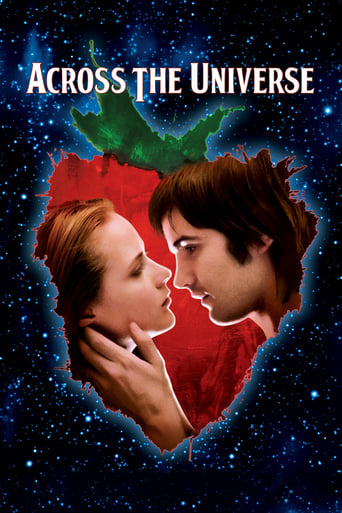




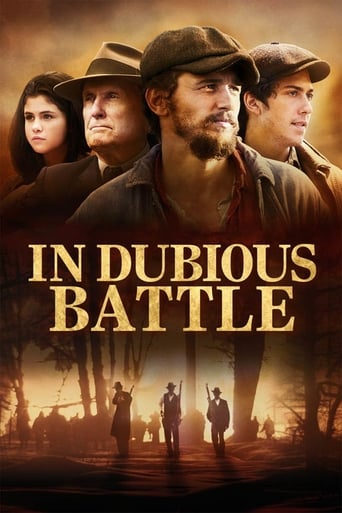
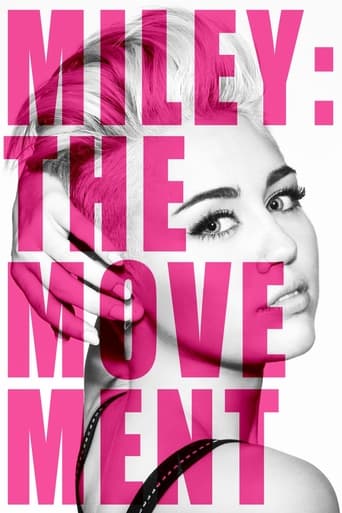
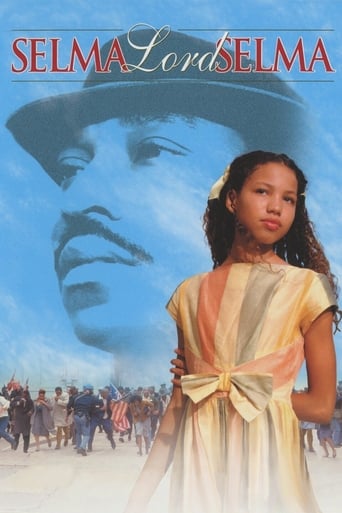
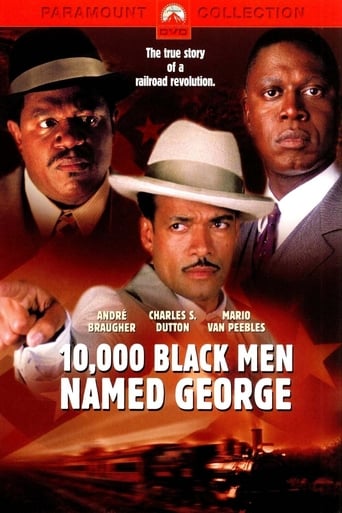
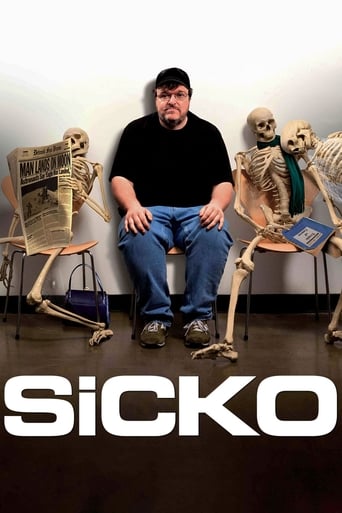



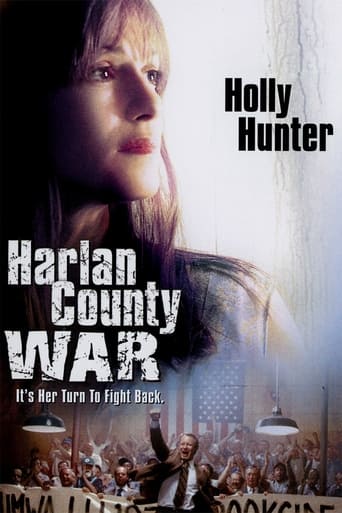









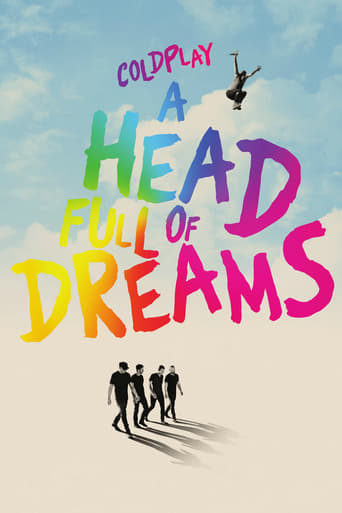
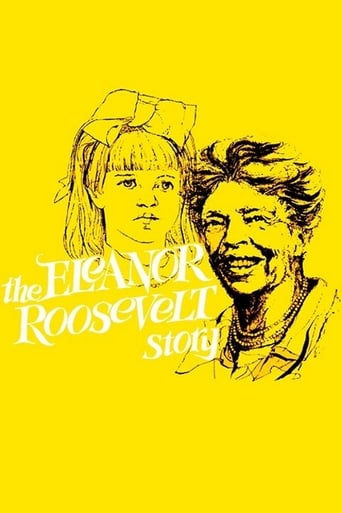

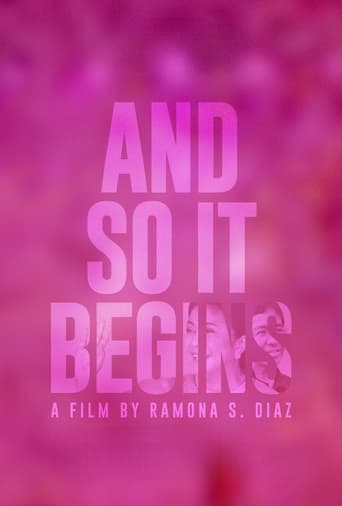
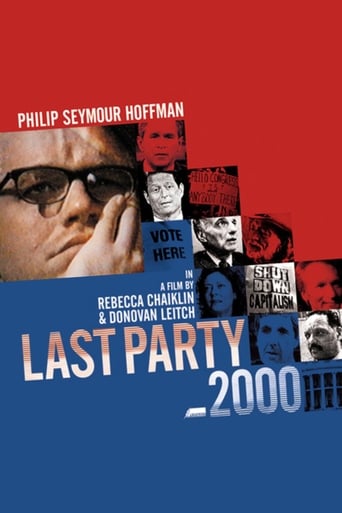
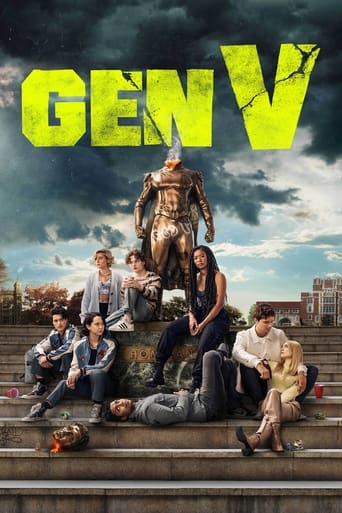
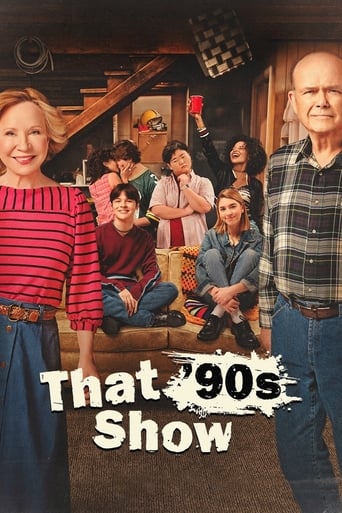
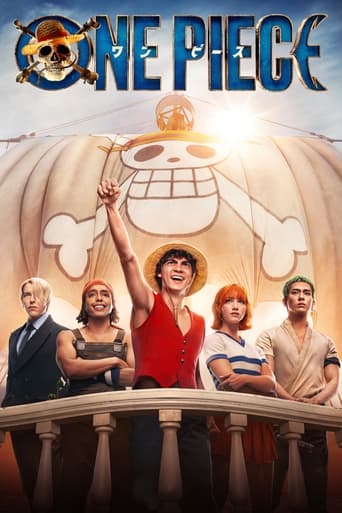
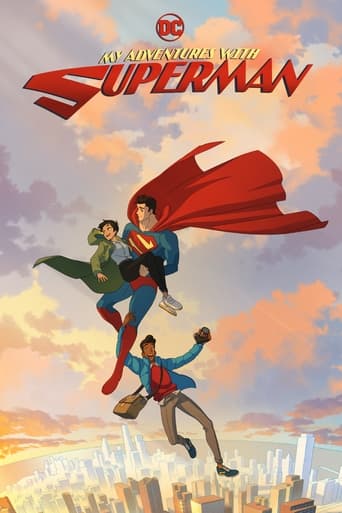
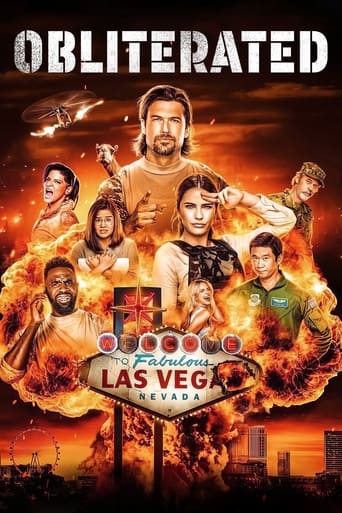
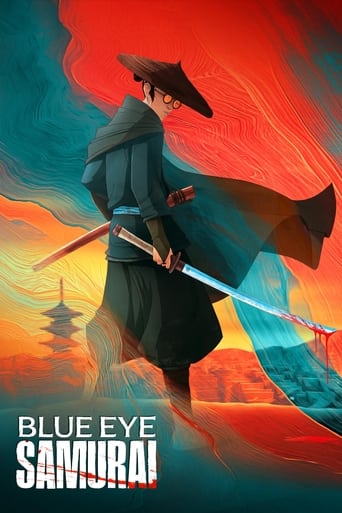
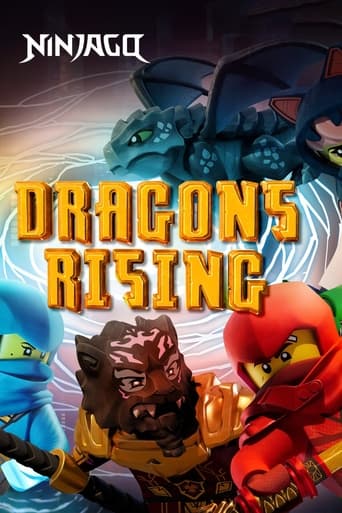
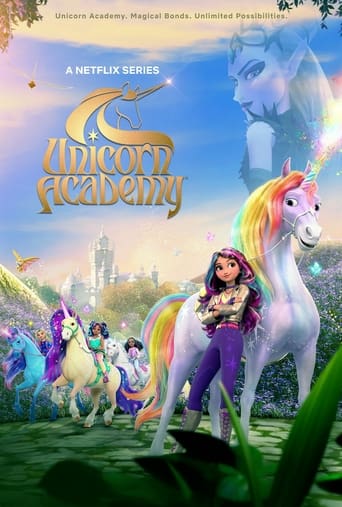



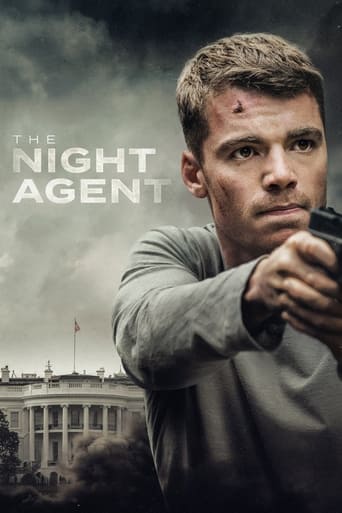
The Universal Language
The Universal Language is a new documentary from Academy Award-nominated director Sam Green (The Weather Underground). This 30-minute film traces the history of Esperanto, an artificial language that was created in the late 1800s by a Polish eye doctor who believed that if everyone in the world spoke a common tongue, humanity could overcome racism and war. Fittingly, the word “Esperanto” means “one who hopes.” During the early 20th century, hundreds of thousands of people around the world spoke Esperanto and believed in its ideals. Today, surprisingly, a vibrant Esperanto movement still exists. In this first-ever documentary about Esperanto, Green creates a portrait of the language and those who speak it today that is at once humorous, poignant, stirring, and ultimately hopeful.